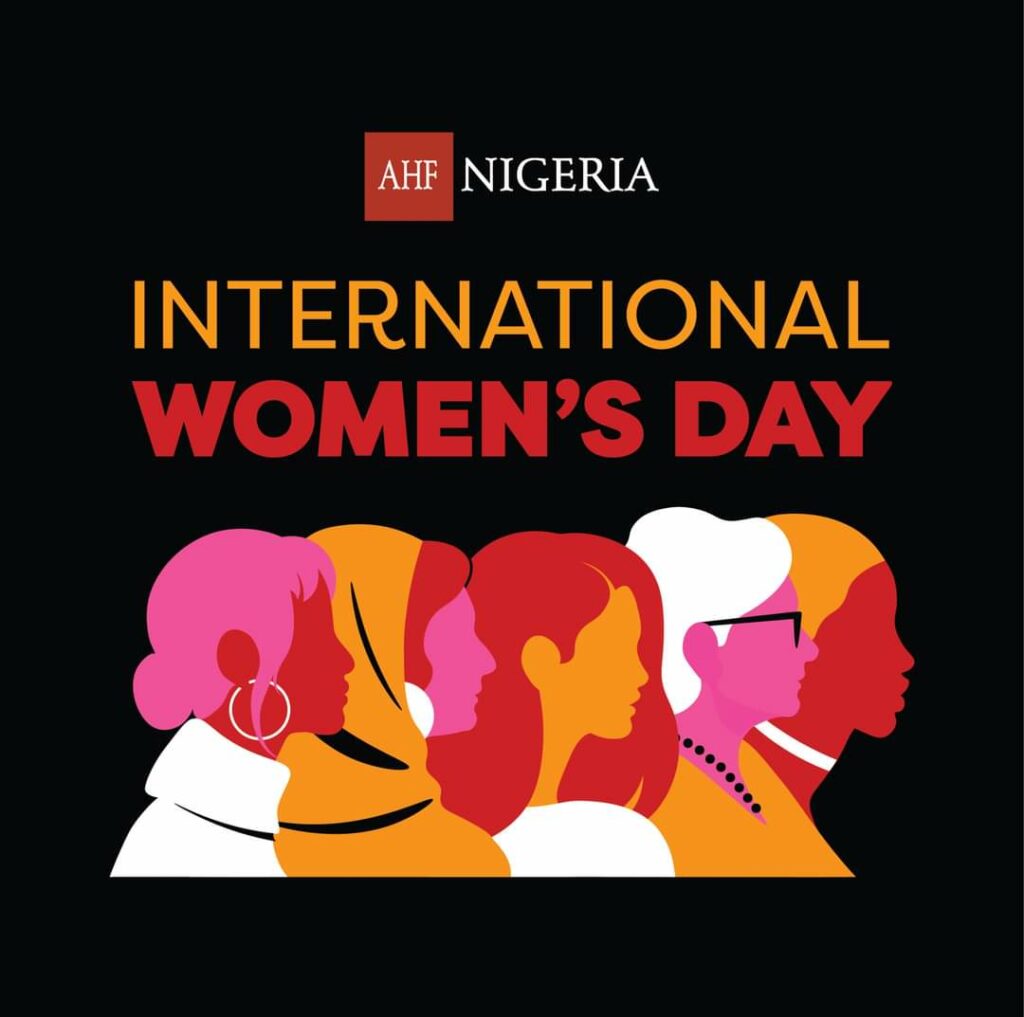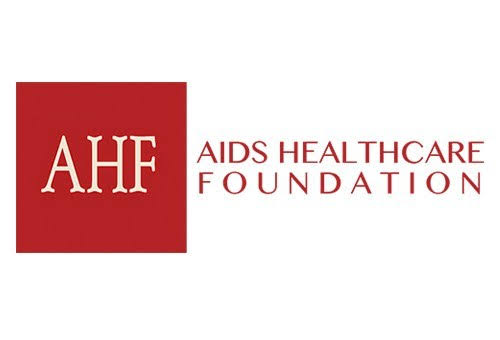To commemorate International Women’s Day 2024, AIDS Health Foundation (AHF) has called for a more inclusive and equitable world for women and young girls.
The Foundation emphasised the need to recognise the strides women have made towards equal rights, including access to healthcare, adding that the world still has a long way to go before women are empowered, safe, and healthy worldwide.
In a statement made available to LEADERSHIP, AHF highlighted its programme to hold conversations with the women across 154 facilities in the seven (7) states of operation in Abuja – FCT, Anambra, Akwa Ibom, Benue, Cross River, Kogi and Nasarawa states.
 The Foundation says the engagements will empower women to take charge of their health while overcoming barriers to help them thrive.
The Foundation says the engagements will empower women to take charge of their health while overcoming barriers to help them thrive.
AHF Nigeria Country Program Director, Dr. Echey Ijezie said “the need for a more inclusive and equitable world for women and young girls cannot be over emphasized, particularly the need to shed the suffocating stereotypes, stigmas, and discrimination that keep women and girls worldwide from realizing their true potential and succeeding.”
He said it is important to ensure that women have all they need to succeed, including equal access to health care, education, and employment.
AHF Nigeria’s International Women’s Day event will include Continuous Medical Education (CME) by AHF Nigeria state teams and psychosocial coping mechanisms to empower the women and enhance their resilience in the face of the daunting challenges many are faced with. Free sanitary pads will be distributed to the women in attendance.
According to UNAIDS, women and girls make up a disproportionate amount of people living with HIV globally. In 2022, 4,000 girls and young women aged 15 to 24 worldwide acquired HIV every week.
International Women’s Day was founded in 1911 and is observed annually on March 8. The day recognizes the political, cultural, and economic achievements of women to accelerate their rights. AHF created its Girls Act program, which works across nearly 40 AHF country teams, to help young women and girls stay HIV-free (or on treatment if HIV positive), keep them in school, and avoid unplanned pregnancies.
We’ve got the edge. Get real-time reports, breaking scoops, and exclusive angles delivered straight to your phone. Don’t settle for stale news. Join LEADERSHIP NEWS on WhatsApp for 24/7 updates →
Join Our WhatsApp Channel










